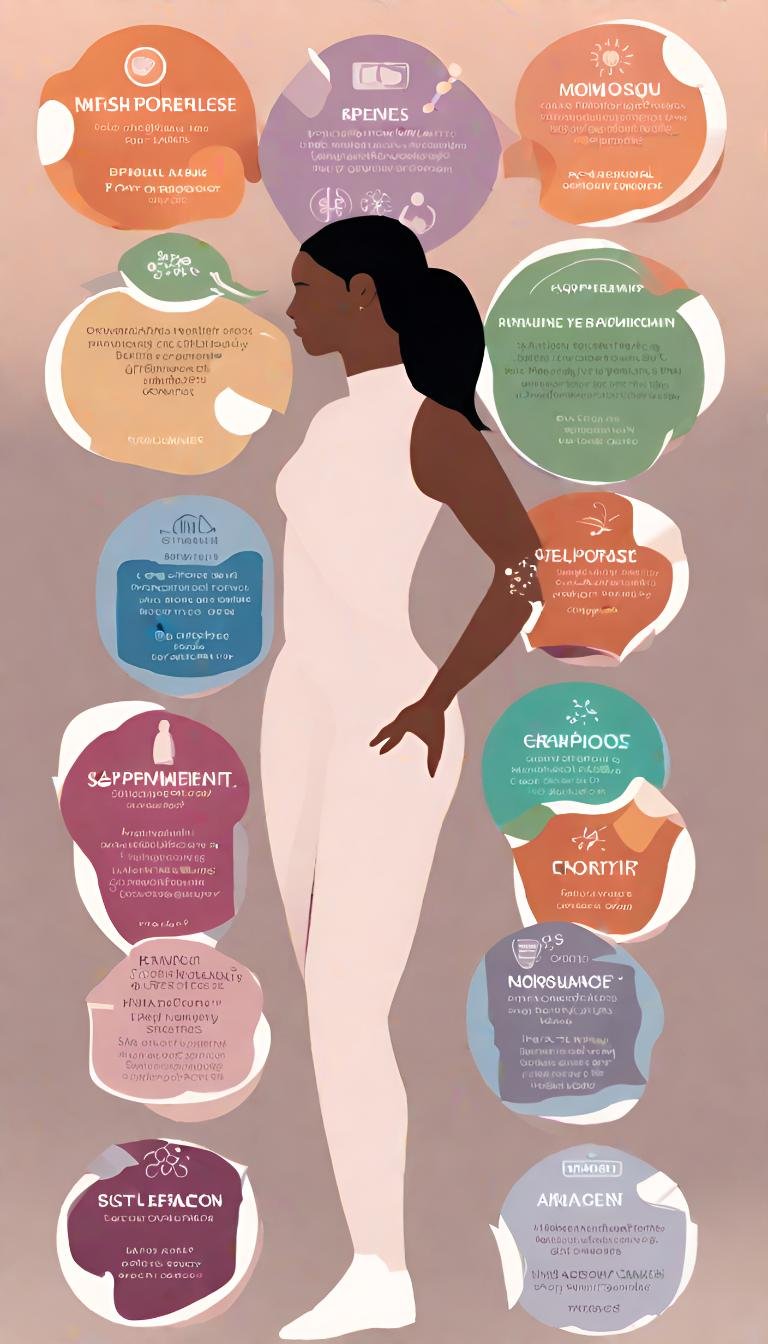As women navigate the complex journey of menopause, many seek natural remedies to alleviate symptoms and support their overall well-being. Menopause supplements have gained popularity as a complementary approach to traditional treatments, offering potential relief from hot flashes, mood swings, and other common symptoms. In this comprehensive guide, we delve into the world of menopause supplements, exploring their benefits, potential risks, and the most promising options available.
1. Understanding Menopause:
Menopause is a natural biological process that marks the end of a woman’s reproductive years. During this transition, hormone levels fluctuate, leading to a range of physical and emotional symptoms. While menopause is a natural part of aging, its symptoms can significantly impact a woman’s quality of life.
2. The Role of Menopause Supplements:
Menopause supplements encompass a wide range of vitamins, minerals, herbs, and botanical extracts that are believed to support hormonal balance and alleviate menopausal symptoms. These supplements aim to address specific symptoms such as hot flashes, night sweats, mood swings, and vaginal dryness.
3. Key Ingredients in Menopause Supplements:
a. Black Cohosh: This herb is one of the most widely studied and commonly used supplements for menopause symptoms. It is believed to alleviate hot flashes, mood swings, and sleep disturbances.
b. Soy Isoflavones: Found in soybeans and soy products, isoflavones are phytoestrogens that mimic the effects of estrogen in the body. They may help reduce hot flashes and improve bone health during menopause.
c. Dong Quai: Also known as “female ginseng,” dong quai is a traditional Chinese herb used to support women’s health, including menopause symptoms like hot flashes and menstrual irregularities.
d. Vitamin D: Adequate vitamin D levels are essential for bone health, especially during menopause when estrogen levels decline. Supplementing with vitamin D may help prevent osteoporosis and fractures.
e. Calcium: Calcium supplementation is crucial for maintaining bone density and preventing osteoporosis, a common concern during menopause.
4. Safety and Efficacy Considerations:
While menopause supplements offer potential benefits, it’s essential to approach them with caution. Some supplements may interact with medications or have adverse effects, particularly in individuals with underlying health conditions. Additionally, the efficacy of menopause supplements varies, and not all products are supported by robust scientific evidence.
5. Consulting a Healthcare Provider:
Before starting any menopause supplements, it’s crucial to consult a healthcare provider, especially if you have pre-existing medical conditions or are taking medications. A healthcare provider can offer personalized advice based on your individual health needs and help you make informed decisions about supplement use.
6. Conclusion:
products for managing menopause symptoms have emerged as a popular option for managing menopausal symptoms and supporting overall health during this transitional phase of life. While these supplements hold promise, it’s essential to approach them with caution, understanding their potential benefits and risks. By consulting a healthcare provider and choosing high-quality products backed by scientific evidence, women can harness the power of menopause supplements to navigate this journey with greater ease and comfort.
Incorporating menopause supplements into a holistic approach to menopause management, including healthy lifestyle habits and regular medical check-ups, can help women optimize their well-being and embrace this new chapter of life with confidence.





Leave a Comment